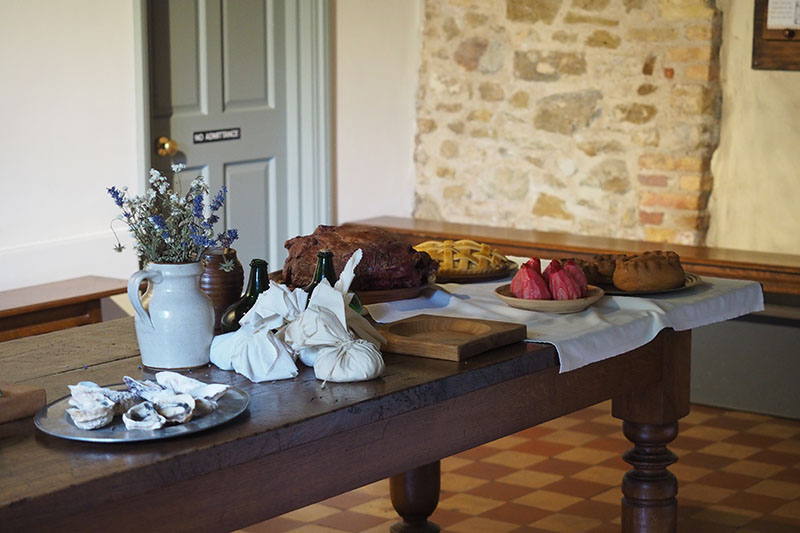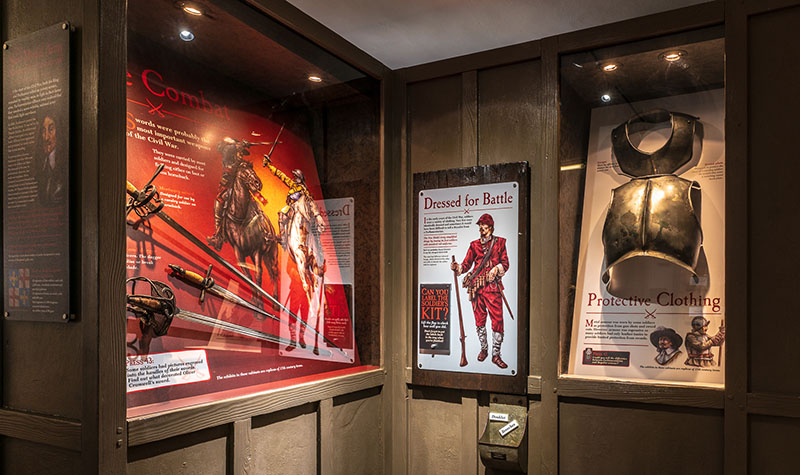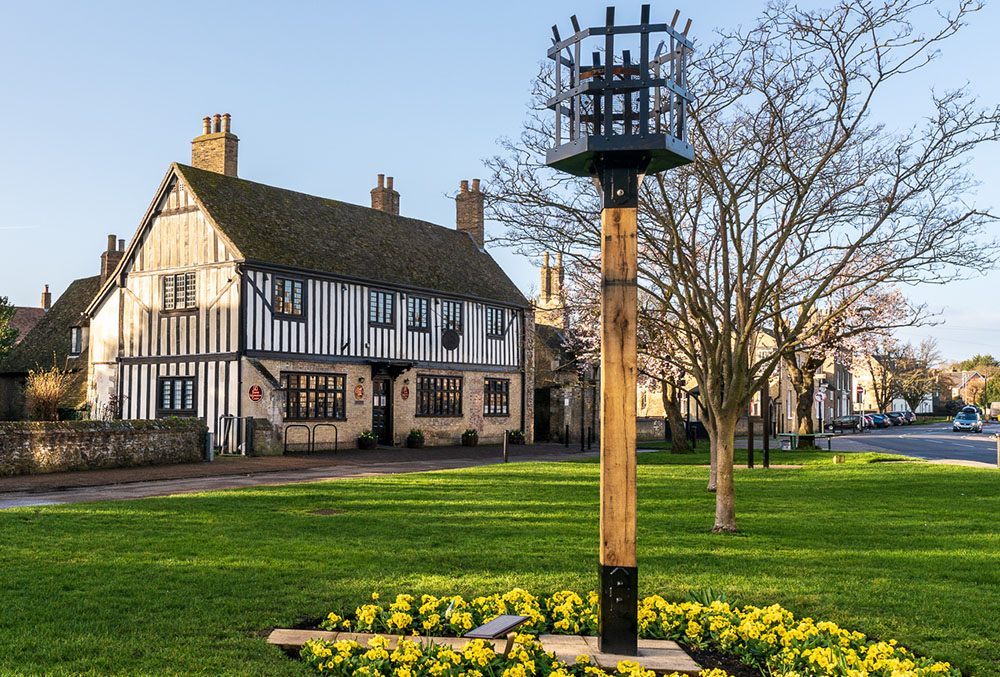Step back in time to the English Civil War as Nicola Foley invites you to make up your own mind about whether the lord protector was a hero or a villain
Treasonous traitor? Murderous tyrant? Or champion of social justice and democracy? Oliver Cromwell is one of the most divisive characters in British history – a man whose name continues to inspire heated debate more than 350 years after his death. Whichever side of the fence you stand on, there’s no denying the fact that Cromwell’s time in politics was one of the most remarkable our country has ever seen. After the execution of King Charles I in 1649 signalled an end to the civil war, the monarchy was overthrown and the country left kingless, but Cromwell refused to take the crown, instead choosing the title of Lord Protector.
A short-lived period of Republican rule ensued (the “Commonwealth of England”, undergirded by the iron fist of Cromwell’s New Model Army), until the restoration of the royals came in 1660 when Charles II took the throne. To this day, it’s the only time in English history that the country has been without a monarch; a period that had far-reaching implications for notions of parliamentary sovereignty and the influence of the monarchy.

The question of whether the former Lord Protector was a hero or a villain is asked at the Oliver Cromwell’s House attraction in Ely, where Cromwell lived with his family between 1636 and 1646.
“Visitors get a chance to make their own decision after they’ve been round the house,” explains Aileen Sharp, Ely’s Tourism Development Officer. “We ask them to vote by placing a musket ball into the barrel of a rifle, and each month we count the votes. Overall the results are always in favour of him being a hero!”
After a refurbishment in spring, the house offers visitors the chance to get a glimpse into the home and domestic life of Cromwell, exploring recreated rooms, as well as making your way through an exhibition that tells the story of the civil war. The house is comprised of eight rooms, including a decidedly creepy ‘haunted bedroom’, and visitors can see food typical of the time in Mrs Cromwell’s kitchen, try on clothes from the period and play with toys from the era, offering a vivid snapshot of 17th-century life.
The house offers a glimpse into the life of Cromwell
Audio handsets bring the story of the house to life, or, new for 2019 is ‘The Cromwell Quest’, an augmented reality trail on which families search the nooks and crannies of the house for seven lost coins from the civil war, solving riddles to help them along their way.
If you fancy getting even more immersive, there’s also an interactive escape room experience, based on the heritage of the building and Cromwell’s life. These atmospheric challenges plant visitors in the former Tithe Office, an original 17th-century, oak panelled room where Cromwell once sat and counted taxes.
“Groups of up to eight people have to work together to find clues and solve puzzles in under 60 minutes. You’re working against the clock, but if you get stuck, the puzzle master can give you clues to help you along the way if you need them,” says Aileen. “It’s perfect for family and friends to get together to celebrate a special occasion, or for corporate parties to have some interactive fun.”
 If you like being spooked, meanwhile, you can join in with a murder mystery night in this historic building – a unique dining experience where guests are encouraged to embrace their inner thespians. Attired in 17th-century garb, guests mingle and enjoy drinks in the parlour before sitting down to dinner in Oliver Cromwell’s kitchen. “While everybody’s eating their food, the maid comes through and informs them that there’s been a murder and that everyone is a suspect – and then the mystery begins,” laughs Aileen.
If you like being spooked, meanwhile, you can join in with a murder mystery night in this historic building – a unique dining experience where guests are encouraged to embrace their inner thespians. Attired in 17th-century garb, guests mingle and enjoy drinks in the parlour before sitting down to dinner in Oliver Cromwell’s kitchen. “While everybody’s eating their food, the maid comes through and informs them that there’s been a murder and that everyone is a suspect – and then the mystery begins,” laughs Aileen.
There’s also the chance to experience an autumn harvest feast on 2 October, when you can hear all about and try Mrs Cromwell’s favourite recipes, as well as learning about how preserves were made for the year ahead. Events are rounded off with the Festival Feast in December, which gives guests the chance to enjoy a Christmas as it was during the time of the Commonwealth. Traditional festivities were banned during this tumultuous time, and so people had to celebrate behind closed doors – don’t worry though, they still loved a good mince pie.
So why not go along and hear about the life and times of this towering figure in British history? From Fenland farmer to king in all but name, Oliver Cromwell’s story remains as fascinating as ever. You might even discover a relevance to modern-day politics you’d never imagined, as Aileen explains: “In the political climate we’ve got currently, with Brexit and everything that’s going on in Parliament, it has been compared to Cromwell’s times!”

